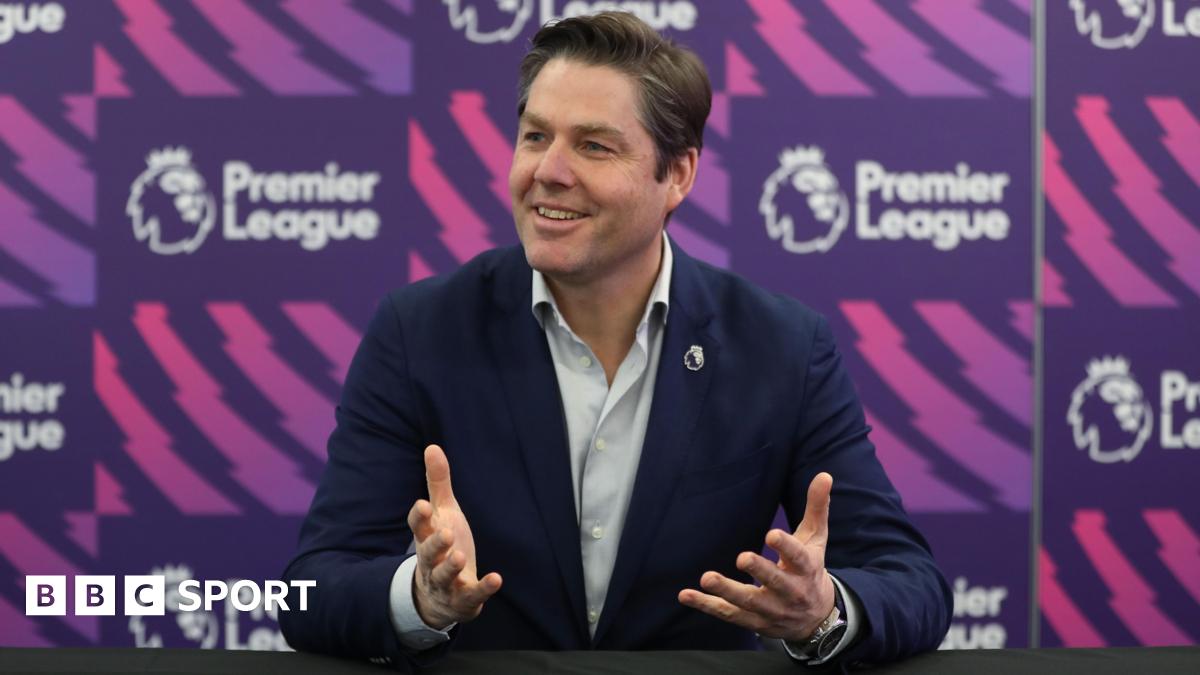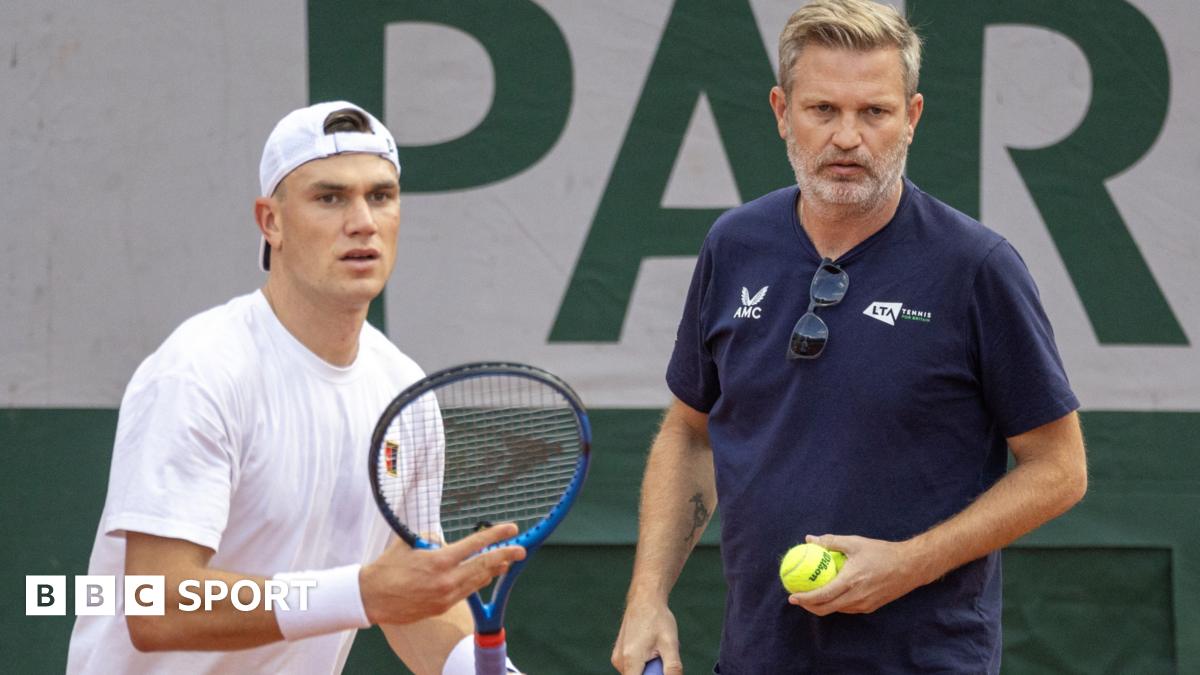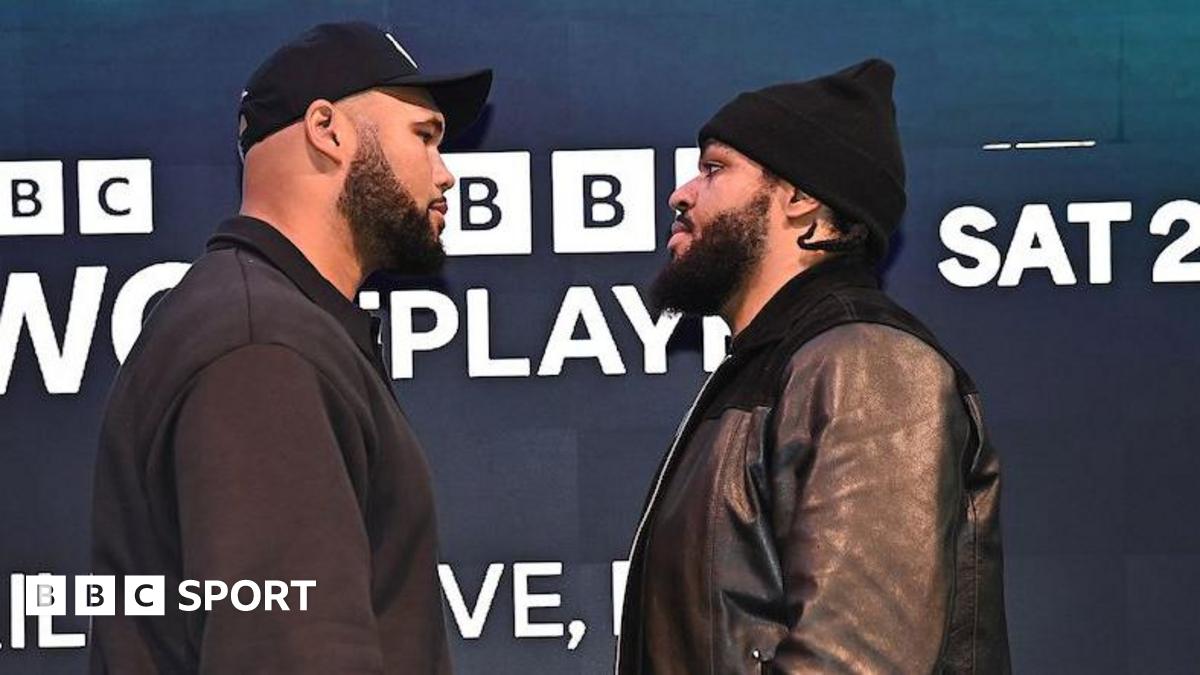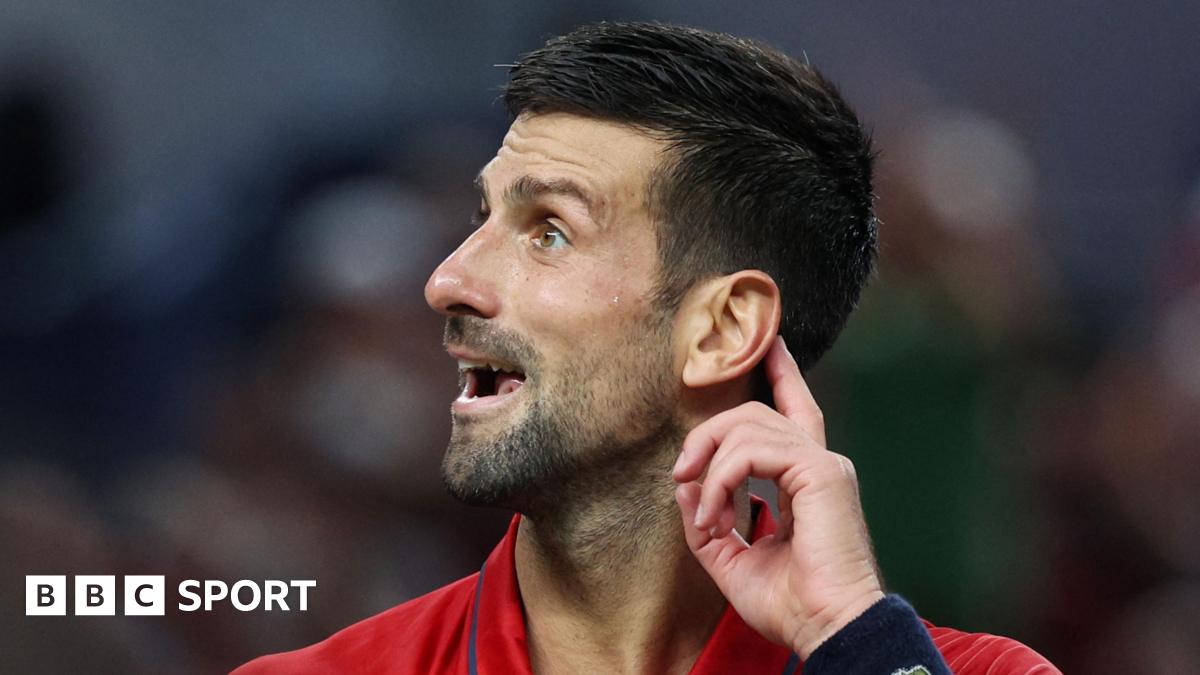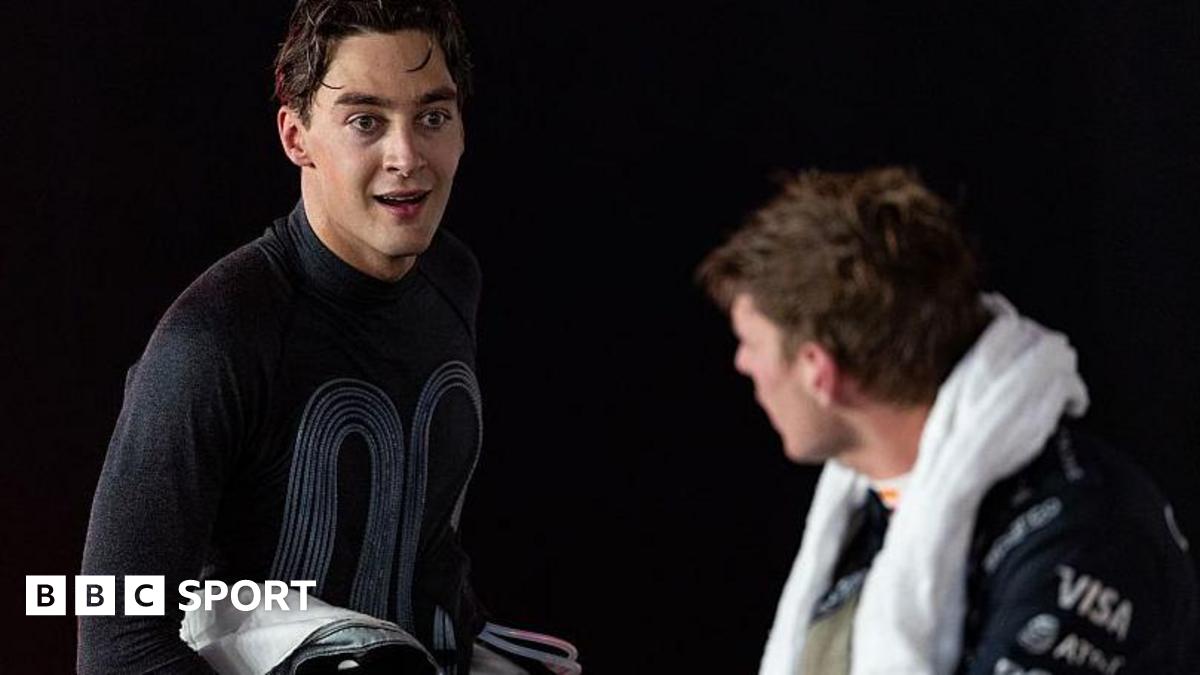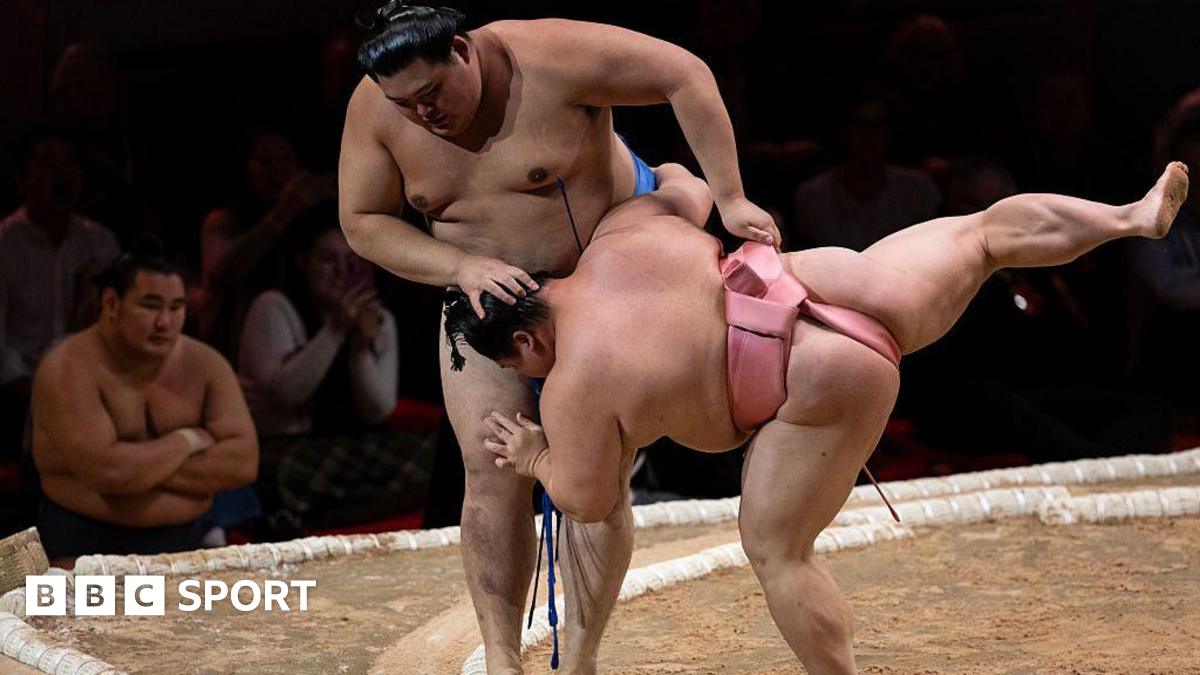You may dimly remember the Indian Cricket League.
Launched by billionaire media baron Subhash Chandra in 2007, it was, at the time, a revolutionary idea; a T20 tournament based in India and played by the biggest stars in world cricket.
Indian great Kapil Dev was the frontman, with Brian Lara, Inzamam-ul-Haq and Chris Cairns the big-hitting overseas headliners for the first edition. The final was played at a packed-out stadium to a backdrop of blaring music, cheerleaders and Bollywood stars.
The Board of Control for Cricket in India (BCCI), the governing body of the sport in the country, was, publicly at least, not impressed.
It called the unsanctioned ICL a "veterans' series no-one will want to watch", blocked any players involved from representing India and convinced other countries to bring in similar Test bans.
It then duly set up the Indian Premier League (IPL) - an almost identical concept - which bloomed into the biggest tournament in the sport, with media rights worth billions., external
It is a lesson Rowena Samarasinhe says rugby needs to heed.
"It took a few years to get its rhythm, but now no-one can imagine a life without the IPL now," she says.
Samarasinhe hoped that the World 12s would be rugby's equivalent. She was chief executive of the proposed event, the most recent rebel disrupter to the game before R360.
World 12s aimed to launch in August 2022, staging an annual three-week 12-a-side event, featuring the sport's biggest names, in a major global city.
Ultimately, despite blue-chip ambassadors such as former All Blacks captain Kieran Read and Springbok legend Schalk Burger, and promises that stars could earn in excess of £250,000 for less than a month's work, it failed to get off the ground.
Samarasinhe says the concepts will keep coming though unless rugby, like the BCCI, seizes the opportunity itself.
"I still believe in what we were doing was right," she says.
"World Rugby are going to keep getting hit - if it's not R360, if it's not World 12s, it's going to be something else.
"Actually they need to innovate the sport. My point to rugby's authorities is why don't we do something from within, rather than waiting for someone to come from outside?"
Despite leading unions and rugby league's NRL insisting recruits will be exiled from their teams, R360's organisers are confident they can still fill out teams for their October 2026 start date.
Samarasinhe has seen the enthusiasm among players for a potential bumper pay day.
"I would say 99% of the players I spoke to were so excited about it," she says of her experience with World 12s.
"They were asking me what they could do to help get this off the ground.
"I think a large part of that was, quite transparently, the money, because we know that rugby players do not earn enough money across their careers, but there was also the chance to play a new format alongside players they only ever play against normally."
World 12s faced the twin challenges that R360, or any other rugby start-up, face. Investors want to know players are on board before they commit, while players want to know the money is there before they break cover and sign up.
"It is a real chicken-and-egg situation," says Samarasinhe, who fielded interest from more than 500 players in World 12s.
"The first thing investors will ask is where are all the players. My investor with World 12s wanted to send a list of 200 players, who had signed provisional agreements, to World Rugby.
"But I was never going to put the players on the line until I was clear that there was a path to success."
Ultimately, for World 12s, there wasn't.
It struggled to find a national union who would back the idea to the rest of World Rugby. The 12-a-side format, unlike 15, Sevens or 10s, wasn't part of the law book. Investment got complicated.
In October 2021, World Rugby said it did not "wish to explore the concept further at this time", effectively ending World 12s' hopes of becoming reality.
Compared to R360, World 12s would have had little impact on rugby's calendar.
It hoped to run for three weeks in one location - Los Angeles was pegged as host for the first edition - in August.
It would pay a release fee, putting much-needed money back into players' clubs. It planned to field players from second-tier rugby nations alongside superstars to grow the game globally.
R360's approach is more expansive and aggressive, with an itinerary that covers the globe and eats up five months of the year.
Its players would be signed permanently from clubs, removing stars from the existing domestic game.
R360 spoke to Samarasinhe more than a year ago as they plotted out their own concept.
"I'm not convinced about it," she says.
"How will R360 fill stadiums in Miami and all of these cool, glamorous places?
"Will people travel for it? Or will you rely on local people? I don't know if they have underestimated that task.
"I think if you do an enclosed tournament, then you create that sort of major-event buzz.
"I was very passionate about launching in Los Angeles, because it is a big sports city with an appetite for the new, different and disruptive."
R360 will hope that appetite is keen and widespread enough to ensure their own venture takes flight.
"Staying stagnant isn't going help us in rugby," concludes Samarasinhe.
"We need to do something, and not more of the same."

 5 hours ago
1
5 hours ago
1




